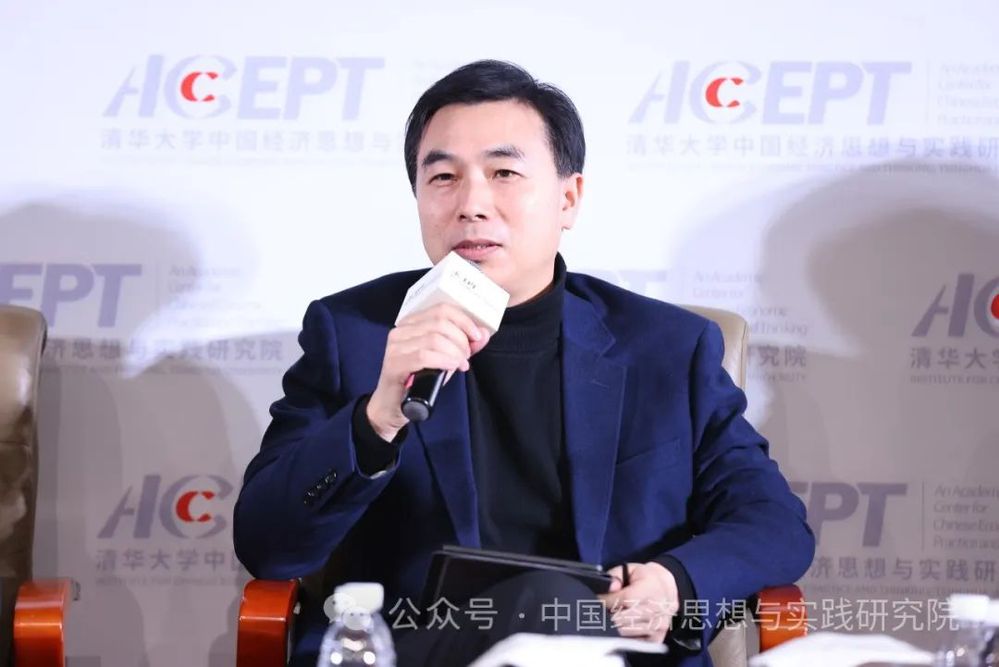Wang Fan: Russo-Ukrainian conflict has unforeseen effect of solidifying the Russian regime
The following is a summary of Wang Fan's comments during a roundtable discussion at the 46th Tsinghua University Forum on China and the World Economy held at Tsinghua University, Beijing, and broadcasted online on January 8, 2024. Wang is the Chancellor of the China Diplomatic Academy and President of the China Foreign Affairs University.
On January 8, 2024, the 46th Tsinghua University Forum of China and the World Economy, hosted by Tsinghua University's Academic Center for Chinese Economic Practice and Thinking (ACCEPT) in partnership with the university's School of Social Sciences and School of Economics and Management Alumni Center, was broadcasted online under the theme of "China's 2024 Economic Outlook." The Chancellor of the China Diplomatic Academy and President of the China Foreign Affairs University, Wang Fan, participated in a roundtable discussion at the forum alongside other distinguished guests where he commented on the current international situation and its impact on China's economy.

On January 8, 2024, the 46th Tsinghua University Forum of China and the World Economy, held inside the Weilun Building's main lecture hall on campus at Tsinghua University's School of Economics and Management, was broadcasted online. The biannual event was hosted by Tsinghua University's Academic Center for Chinese Economic Practice and Thinking (ACCEPT) under the theme of "China's 2024 Economic Outlook." During the forum's proceedings, Wang Fan, Chancellor of the China Diplomatic Academy and President of the China Foreign Affairs University, participated in a roundtable discussion alongside other distinguished guests where he commented on the current international situation and its impact on China's economy.
Wang views the ongoing conflict between Russia and Ukraine, which continues to this day, as not only having had a serious impact on the two countries themselves, but meanwhile also propelled a profound transformation of the overall geopolitical landscape in Europe. By supporting Ukraine, the United States is attempting to achieve multiple goals, including replacing the Russian regime, maintaining American hegemony, and establishing a “new Cold War” pattern on the European continent. However, despite the United States having reaped some benefits in the hot war between the two sides, the Russian regime has not wavered, but has to the contrary become even more stable. In addition, major European countries such as Germany are now seeking energy independence, moving to decouple from Russia and deepen ties with the U.S. These changes have not only had a far-reaching and thoroughgoing impact on today’s international relations, but moreover point to the future direction for the overall geopolitical landscape. Given that the future international situation will remain full of uncertainties, all countries will therefore need to continue working together to find amicable solutions while promoting world peace and development.
Wang pointed out that in today's international environment, opportunities and challenges coexist together. U.S. moves to alter the rules of international trade and its actions against China in the high-tech sector have given rise to new challenges, while uncertainties in relations with the region of Southeast Asia have continually escalated. Moving forward, China needs to strengthen its cooperation with Latin American countries, promote the diversification of international currency and increase the channels for engaging in cooperation. At the same time, it is also necessary to continue building on the BRICS platform and promote more extensive forms of international cooperation so as to better cope with changes in the external environment.




